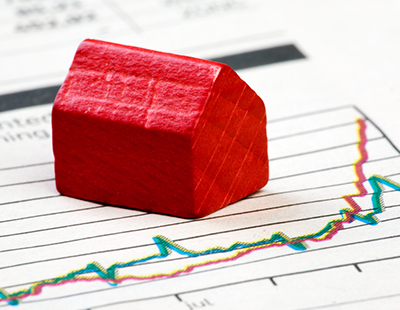
One of prime London’s most senior estate agents says stamp duty is “strangling the residential property market” in areas of the capital such as his.
Trevor Abrahmsohn, long-standing director of high-end agency Glentree Estates, has given a dire warning of the damage it is doing to the sector of the London market in which he works.
“Prices are down by 25 per cent and activity is down by 70 per cent and since transaction expenses are now playing such an important part in the mind-set of prospective buyers, in certain price ranges, there is absolute gridlock in sales, where sellers outnumber buyers by 10 to 1” he says.
He says that paradoxically the uncertainty generated by Brexit is one of the few breaks in the storm clouds for prime London, as the drop in the value of Sterling “is seducing a number of foreign buyers to the UK.”
Abrahmsohn, a long-time critic of the effects of the higher rates of stamp duty introduced on higher-value properties at the end of 2014, says that he accepts “nobody is going to cry, nor should they, for the Russian oligarch who can’t sell his mansion in Belgravia for the price he wanted.” But he adds that the effects of stamp duty go far beyond that narrow sector of London.
He says a feeling of wealth, often generated by property values and a busy market, creates a level of confidence that feeds into all other sectors of the wider economy.
“When consumers feel that their properties are appreciating, they tend to go out and spend more and this is one of the main drivers of our economic growth” he says.
“It is therefore, unsurprising, that retail sales are substantially down, as is evident from the recent trading statements of some of our major PLC retailers and in the projected figures from the Office for Budget Responsibility, which have been marked down in the Budget from over two per cent last year to 1.7 per cent this year. Predictably, the government is blaming this on the uncertainty of Brexit, when it may not be the case” he suggests.
























Join the conversation
Be the first to comment (please use the comment box below)
Please login to comment